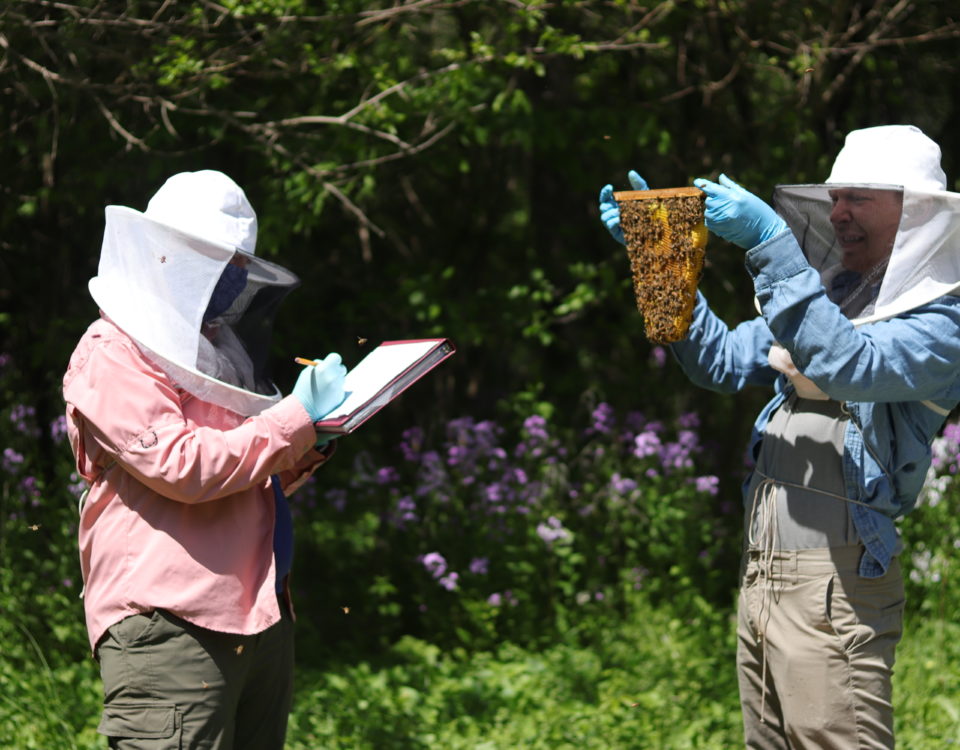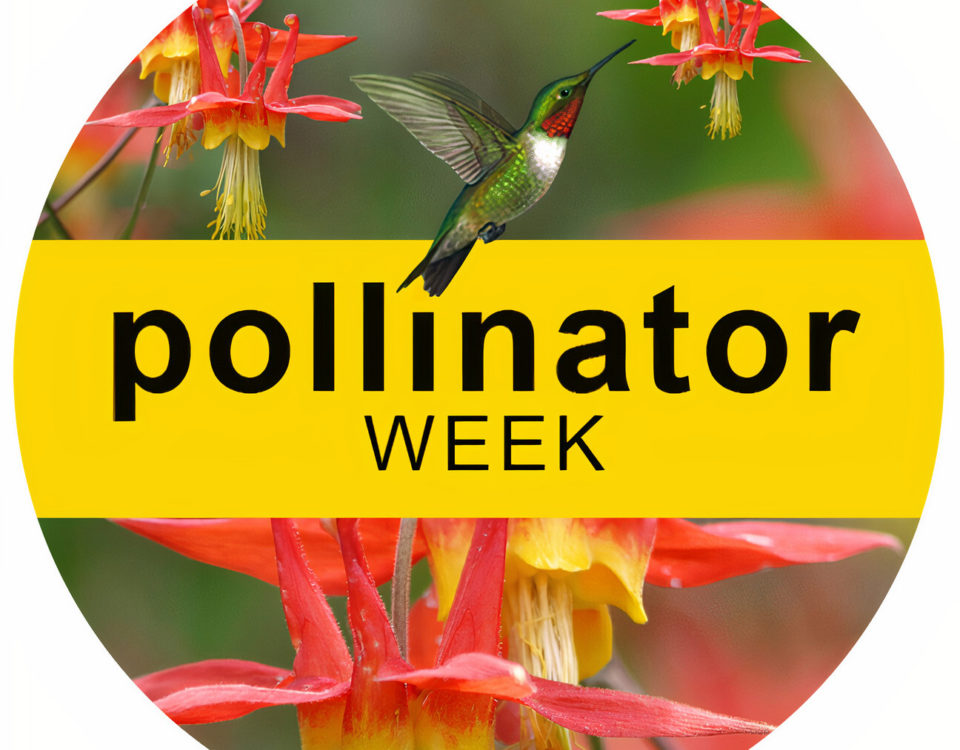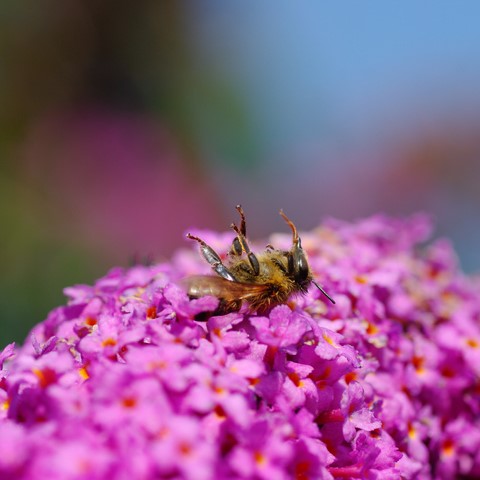- All-In-One Beekeeping for the Bees
- +1-608-728-8233
- info@beepods.com
Bee The Change: An Interview With Detroit Hives

You never know what is going to spark inspiration. It could be nature, music, even a cold. That’s exactly what happened to Timothy Jackson. In 2016 he caught a cold that he just couldn’t shake. He found that raw honey treated his symptoms and helped him recover faster. Jackson and his partner, Nicole Lindsey, were so intrigued by the healing properties of honey, they began researching bees and beekeeping.

In 2017, Detroit natives Jackson and Lindsey started Detroit Hives. What started as a mission to help Detroit neighborhoods is now an initiative to improve the world, for people and pollinators. Through their work, they are revitalizing Detroit and educating people about pollinators. They are proving that community can come in any size, and that all it takes is a little effort to make the world a better place.
When we first heard about Jackson and Lindsey’s mission, we jumped at the opportunity to speak with them. We share similar philosophies, building a better world and beekeeping for the bees. We’ve truly enjoyed getting to know them.
Changing the Narrative
Jackson and Lindsey purchased their first condemned Detroit property in 2017, turning it into an apiary. With three little hives, they set out to help bring a breath of fresh air to their city. But they soon discovered that there was so much more this project could do.

“We want to change the narrative and the way people view Detroit,” Jackson says. “So many people go to Detroit and they just go to the casino or the museums or sports complexes.” There is pride in the communities that surround downtown, and Detroit Hives is giving people a reason to explore them.
Originally, Jackson and Lindsey wanted to help Detroit, and now they’ve realized a new mission: Create a more sustainable world for people and pollinators through education, conservation, and awareness. At Beepods, we have a similar goal. Bee education is key in making positive changes.
Bee Educated
“Not everyone has been exposed to honey bee or beekeeping education,” Lindsey says. So, they’ve created a space for people to visit and learn. An apiary tour starts with basic bee education and by the end you’ll be up close and personal with these buzzing pollinators (while wearing a bee suit of course!) The duo also teaches people of all ages by going to schools and giving tours of their apiaries.
Their lessons include what sort of forage bees look for in an urban setting, the healing benefits of honey, and why people shouldn’t be afraid of bees.
“Many people see bees and run the other way,” Lindsey says. One goal of the duo’s bee education mission is to help people realize that bees are nothing to be afraid of (unless you’re highly allergic).
To that, Lindsey says, “When people learn and understand bees, that fear turns into love.”

Conservation and Awareness
It’s no secret that pollinators need our help. In Detroit, many condemned properties have been turned into community gardens, which is great for both pollinators and community members. About 90% of the food grown in these gardens goes back to the communities. The other 10% goes to local restaurants. With gardens like these, the people and the pollinators in that community grow healthier, creating a more sustainable place to live.
Jackson and Lindsey see the benefits urban beekeeping provides to a community and they want to spread that idea to other major cities in the US and worldwide. They created a similar program in Kansas City, Missouri called MO Hives KC. And they are already looking to expand their program internationally, starting first with Ghana. Supporting other beekeepers in your community or region is a great way to build lasting relationships and a healthy environment for the bees.

Educating people on urban beekeeping and beekeeping in general can help them realize how we all depend on each other. Humans are one large community, and if we don’t take care of our environment then eventually we won’t have anything left. Bees depend on us just as much as we depend on them.
“The most rewarding part of the work we do,” Jackson says. “Is changing the narrative of Detroit and finding ways to give back. We wouldn’t be here without our community and the bees.”
Final Thoughts
Amazing what one cold can do, hey? Detroit Hives currently has 45 hives. Within the next few years, Jackson and Lindsey hope to establish a “hive of their own.” An official place to serve as an education and community engagement center and get Detroit labeled as a Certified Bee City. They want to spread their mission to cities around the globe to ensure a better and brighter future for everyone.

“I want everyone to realize the importance of living things,” Jackson says. “Everything has a purpose.”
To find out more about the story behind Detroit Hives, watch this video.
If you’re interested in starting your own hive, head over to Beepods for more information. Or email us at info@beepods.com and we can walk you through the steps of starting your own apiary. Don’t forget to check out our blog! It’s full of resources that will help make owning your bee hive easier on you and your bees.
https://www.beepods.com/your-first-hive-inspection/
https://www.beepods.com/how-to-give-supplemental-feeding/
*All photos provided by Detroit Hives
Monica Cull
Latest posts by Monica Cull (see all)
- What Plants To Avoid In Your Pollinator Garden - May 28, 2021
- Bee Adventurous: On Mental Health And What Bees Have Done For Me - May 24, 2021
- Celebrate Endangered Species Day For The Bees - May 21, 2021



